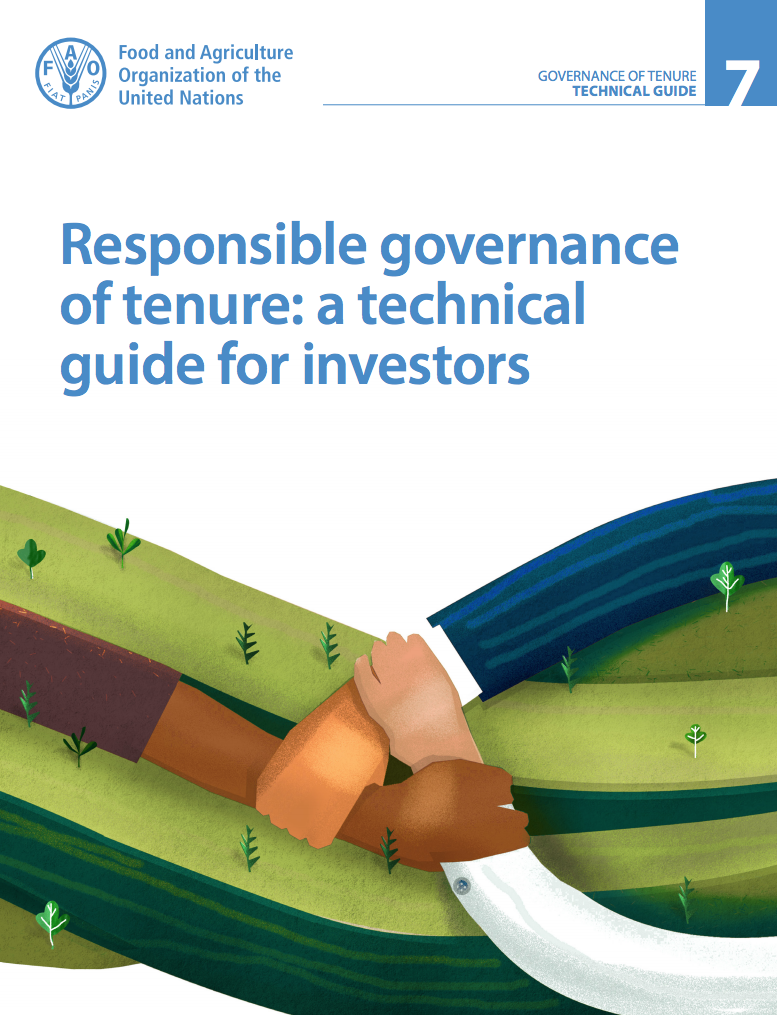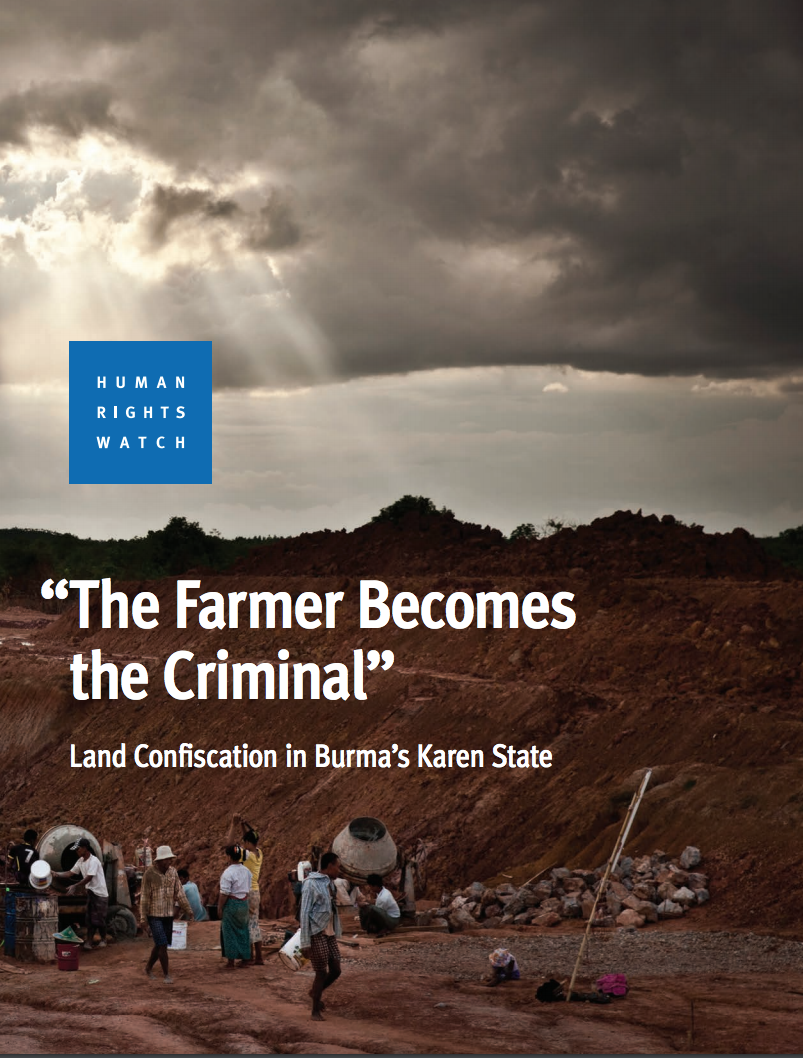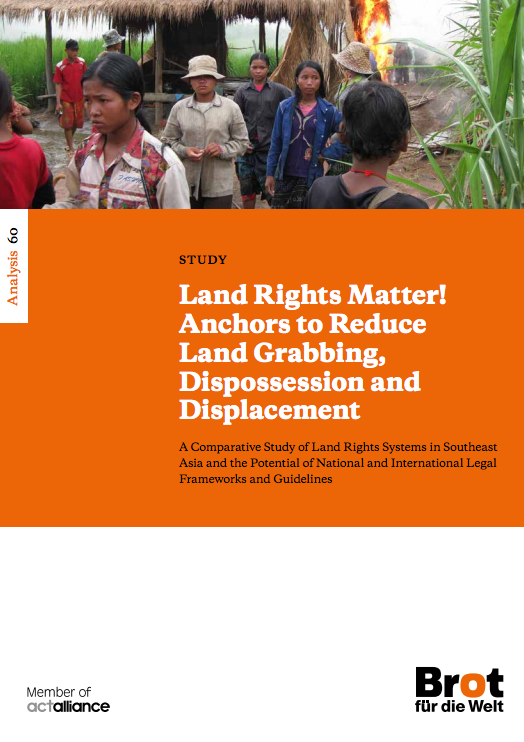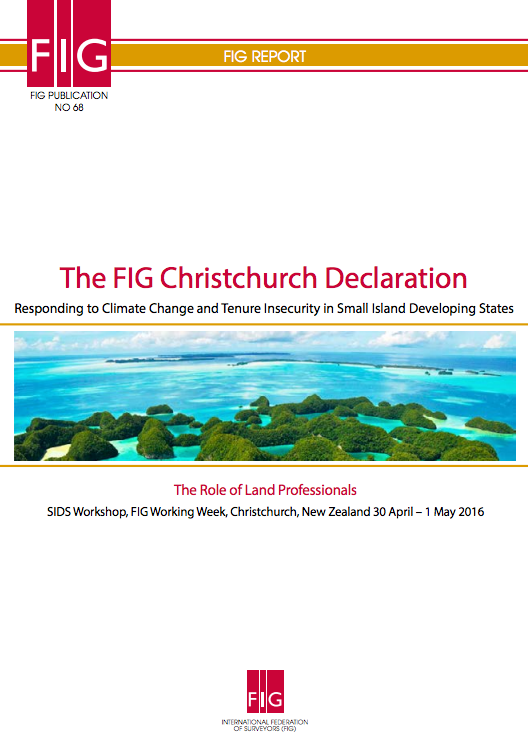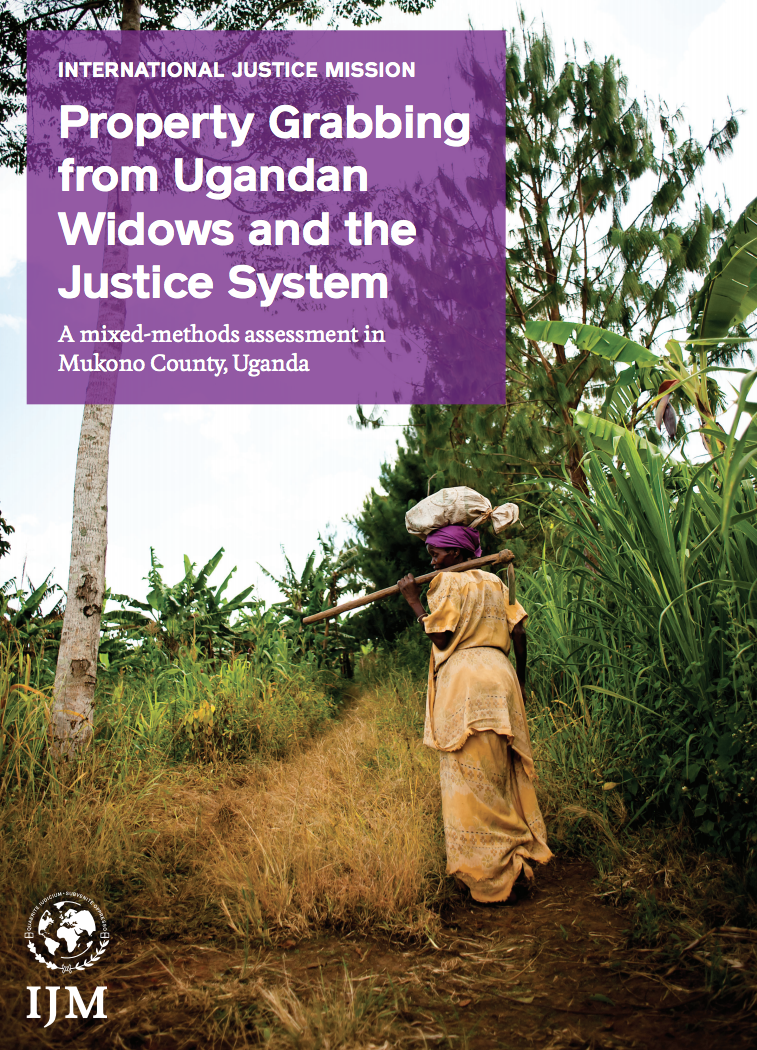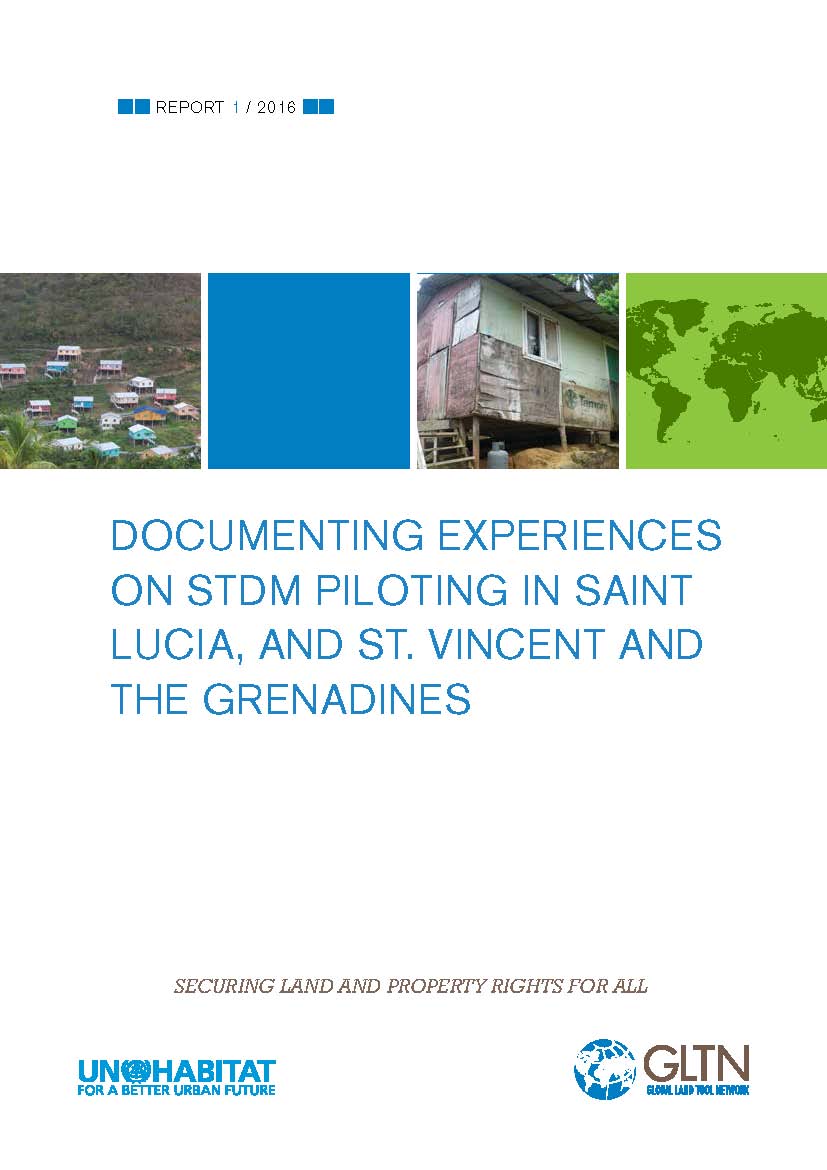Responsible governance of tenure: a technical guide for investors
This document provides guidances on how businesses can respect legitimate tenure rights and human rights in their land-based investments. It
• translates principles of responsible land governance and tenure (see the VGGT) into practical mechanisms, processes and actions,
• gives examples of good practice – what has worked, where, why and how, and
• provides useful tools for activities such as the design of policy and reform processes, for the design of investment projects and for guiding interventions.

